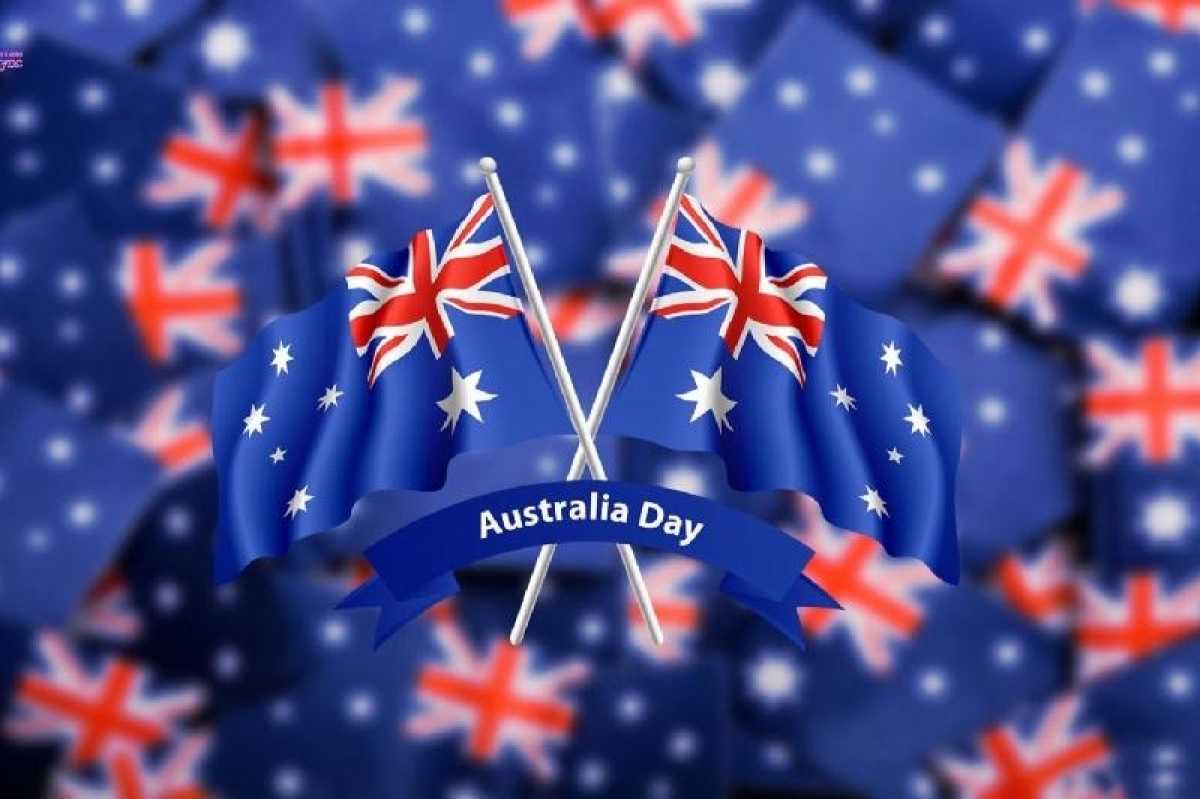Opinion
Australia Day: Exploring the Multicultural Perspective of the Australian Flag

Kevan, an Armenian from Iraq, became a citizen of Australia on Australia Day, sparking a conversation about the significance of the Australian flag. Reflecting on the traditions associated with the holiday, Kevan sought advice on hosting an Australia Day barbecue, believing it to be a compulsory event. However, his Australian friend clarified that such gatherings are not obligatory.
The conversation then delved into the emotions stirred by different flags. Kevan explained how the Iraqi flag symbolized oppression and served as a reminder of the country’s troubled history. In contrast, the Armenian flag filled him with hope and pride, representing resilience and overcoming persecution.
When asked about the Australian flag, Kevan expressed respect for it as a symbol of gratitude toward the people who offered his family a home. The author of the article, on the other hand, shared various perspectives from individuals who held deep-seated grievances connected to the Union Jack on the Australian flag.
Memories of colonial brutality and the loss of loved ones during conflicts colored their perception of the flag. For some, the flag represented violence, theft, and a painful history. The author reflected on experiences from Greek school, where the Australian flag was seen as a lesser symbol compared to the Greek flag.
The author concluded that, despite acknowledging the opportunities Australia has provided, the Australian flag does not evoke a strong emotional connection. The author argued that national holidays often neglect the experiences of minority communities and their contribution to the country’s fabric.
The article called for an understanding of the diverse cultural backgrounds existing within Australia and recognized the significance of the Aboriginal flag in representing the original inhabitants. It stressed the difficulty of creating a flag that encompasses the experiences of all Australians and emphasized the need to acknowledge and respect the unique narratives of different communities.












